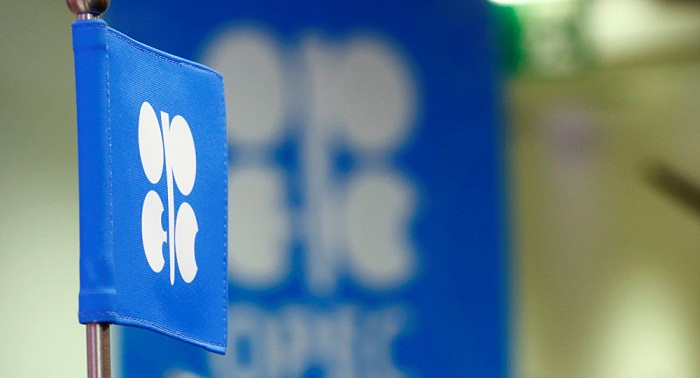"In June, members of OPEC, along with Russia, agreed to increase oil production levels to the original crude oil production target set in November 2016," said the report. " In the third quarter of 2018, OPEC members (other than Iran and Venezuela) increased crude oil production by more than the amount that crude oil production in Iran and Venezuela declined."
However, according to EIA, recent price increases indicate that oil market participants have concerns about the ability of Saudi Arabia, other OPEC members, and Russia to continue to offset expected further production declines in Iran and in Venezuela.
Increases in OPEC crude oil production to offset declines in Iran and Venezuela have resulted in declining OPEC spare crude oil production capacity, said the report.
In December 2016, at a meeting of oil producers in Vienna, 11 non-OPEC member countries, including Azerbaijan, agreed to cut oil production by a total of 558,000 barrels a day. The agreement was concluded for the first half of 2017 and was extended until the end of the first quarter of 2018 at a meeting on May 25, 2017.
At the last OPEC meeting in Vienna, the agreement was again extended until the end of 2018. Azerbaijan supported the decision.
More about: OPEC















































